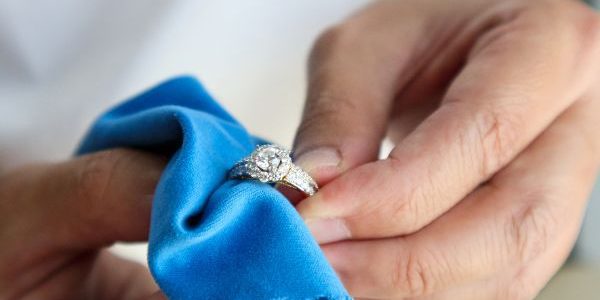While estate plans tend to focus on the large, high value items like real estate, cars, securities, and cash, just as many family squabbles occur over low-value personal items left behind by loved ones. From grandmother’s brownie pan to dad’s favorite hunting jacket, these items often have personal significance to multiple family members and dividing them out among family members is important. However, these items are also more transitory in nature and thus, except perhaps for specific pieces or collections, rarely identified in the will. So how do you decide who gets, and who hands out, the jewelry?
The Personal Representative and Handing Out Personal Items
The personal representative or executor of an estate is responsible for carrying out the last wishes expressed by the testator in the will. This makes them responsible for handling all the miscellaneous “stuff” that is part of an estate. They will be the ones making the decision on who gets which quilt, china pattern, or old sofa.
For certain items, the will may mention a specific beneficiary. In these situations, the executor is responsible for honoring the deceased person’s requests and ensuring that the specified party receives the identified collection of Elvis records.
As for the rest of the goods, the simplest solution is often to just sell the stuff at an estate sale or yard sale. Much of the stuff acquired over a lifetime is worth fairly little or only worth something to a collector. Once this is complete, the cash collected can be divided among the named heirs.
Another common solution is to work with the heirs in the family to divide up the goods, trying to give each person a fair part of the personal property. This can be a difficult job for a personal representative and creative solutions are often required to work around family politics. Whether the PR sets up a bidding process for estate items, allows everyone a first pick, or finds another solution will depend on family dynamics.
Creating a Formal but Fluid Document to Guide the Personal Representative
Often called a “Personal Property Memorandum,” a list is attached to you will of the stuff you own and who you want to receive it after your death is another option. Different states treat these memorandums differently, and Utah is one of the states that allows this practice. A Property Memorandum allows you to leave items like furniture, art, jewelry, china, collections, and silverware. Your will must include a reference to this memorandum. This document also gives guidance to your personal representative of your wishes for your personal property.
Handling an estate with both large assets and important personal property doesn’t need to be hard. The estate team of lawyers from Dunn Law Firm can help by understanding your personal goals and giving you guidance on how best to structure your estate to reach those goals. To learn more, reach out to the Dunn Law Firm by calling (435) 628-5405 to set up a free consultation today.







